The Lithuanian Real Estate Development Association (LNTPA) has filed a complaint with the Government representative for Vilnius and Alytus counties regarding the decree issued by the mayor of Vilnius city titled “On the Approval of Additional Tree Protection Measures Application Recommendations”. Real estate developers urge responsible individuals to take action within their competence and to annul or recognize as illegal and invalid the mayor’s decree regarding additional recommendations.
“These mayor-approved recommendations not only violate the Constitution of the Republic of Lithuania, regulatory legal acts governing construction, local self-government laws, but also exceed the mayor’s own competence by establishing new obligations and procedures for developers that are not envisaged in other legal acts.
Furthermore, these recommendations may potentially increase the risk of corruption within Vilnius Municipality,” states Mindaugas Statulevičius, President of LNTPA.
Violations of the Constitution and Construction Laws
The recommendations stipulate that in cases where trees are to be removed because they obstruct planned development, despite project proposals being approved and construction permits being issued prior to the enforcement of these recommendations, the municipality can still halt the entire process and reopen discussions on tree removal.
“This means that even after project proposals have been approved or construction permits issued, Vilnius Municipality can reopen the deliberation process and decide not to issue permits for tree removal. This violates the principles of legitimate expectations and non-retroactivity of laws,” explains the LNTPA leader.
It is noteworthy that Lithuanian legal regulations stipulate a general rule that a person cannot be required to comply with rules that were not in place during their activities. Neither laws nor by-laws can have retroactive effect or be applied retroactively unless they improve the situation of the subjects involved.
“In this case, by adhering to the municipality’s recommendations, the business situation is not alleviated but fundamentally worsened. Real estate developers who invest time and resources in project documentation, obtain construction permits, have a legitimate expectation that they will be able to develop their planned projects accordingly,” adds M. Statulevičius.
Mayor Exceeds His Authority
The recommendations were adopted by exceeding the mayor’s authority, as there is no provision in the legislation delegating the right to the mayor to establish additional stages of project preparation, coordination, and/or public disclosure, or to independently detail these procedures.
According to legal definitions, the purpose of recommendations is to offer good practices, suggest, advise on the implementation of relevant provisions, but recommendations cannot create new legal norms or obligations.
However, in this case, the recommendations approved by Vilnius Mayor correspond to the content of normative legal acts, although such authority is not granted to the mayor.
“Despite the municipality declaring that these recommendations are of a recommended and non-mandatory nature, an analysis of their content suggests otherwise – certain norms of the recommendations are rules of a mandatory nature, imposing obligations on individuals,” says the LNTPA president.
Presumptions of Corruption and Non-transparent Action
The approved recommendations increase the risk of corruption within Vilnius Municipality, as they establish numerous evaluative provisions, the interpretation and application of which will depend on the subjective view of the decision-making individual.
“It is unclear by what algorithm the municipality will abide if the Vilnius Regional Architecture Council (RAT) approves the urbanization process, but the public does not. What will a municipal specialist do in such a case? What will be his criteria for evaluation? Will it be a political decision? In a legal state, decisions are based on legal arguments and priority is given to professional assessment, in this case – RAT conclusions. This should be reflected in the recommendations. Otherwise, the recommendations may have no practical significance,” evaluates M. Statulevičius the situation.
The LNTPA leader adds that the implementation, assessment, or whether they are implemented properly or improperly will be a constant subject of disputes, and the formulations in the recommendations increase the risk of corruption.
Furthermore, when evaluating the content of the mayor’s recommendations and the provisions enshrined in them, there arises reasonable doubt as to whether anti-corruption assessment was carried out on these recommendations.
It should be noted that LNTPA, together with the Lithuanian Architects’ Association, landscape specialists, and communities actively participated in discussions with Vilnius Municipality regarding the content of recommendations. Market participants provided their proposals on how to achieve an effective balance in urbanization processes, which could potentially meet the needs of the city and its inhabitants. Vilnius Municipality did not consider essential proposals acceptable.
